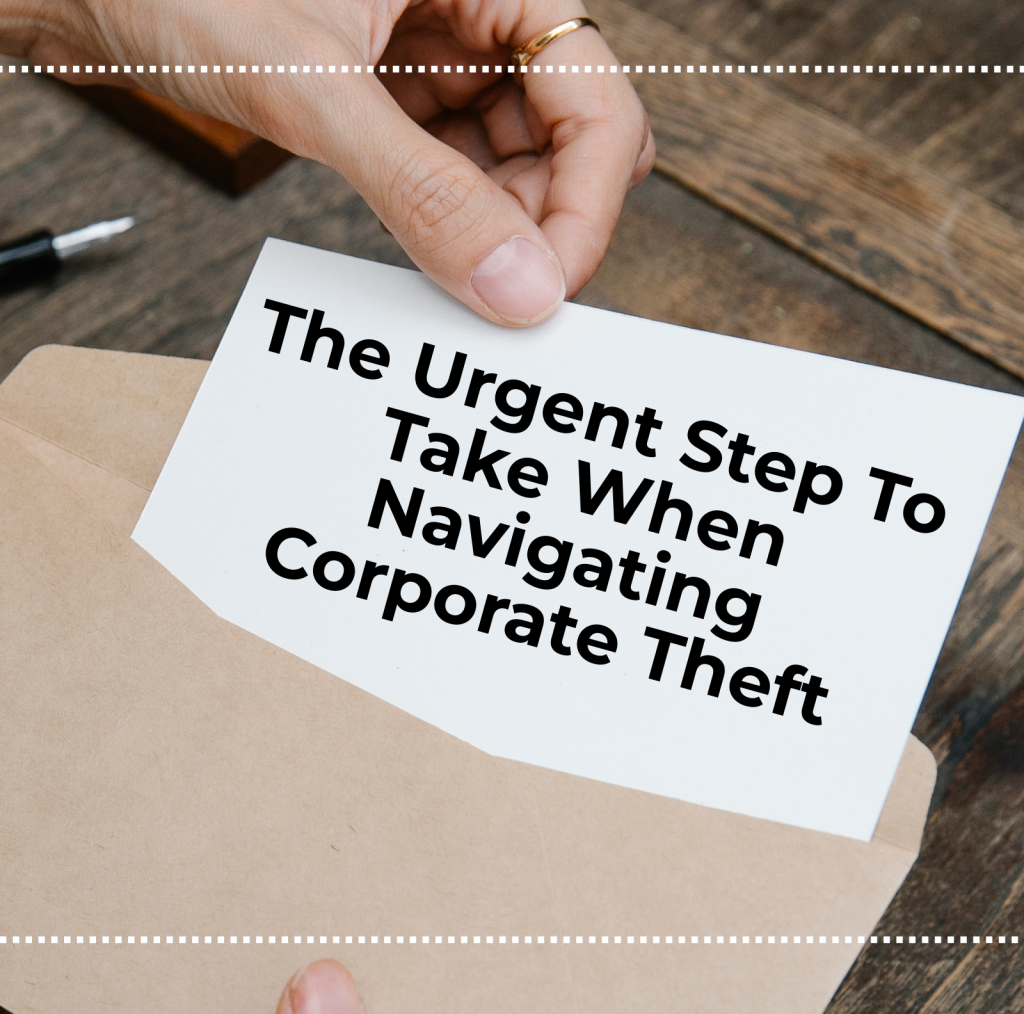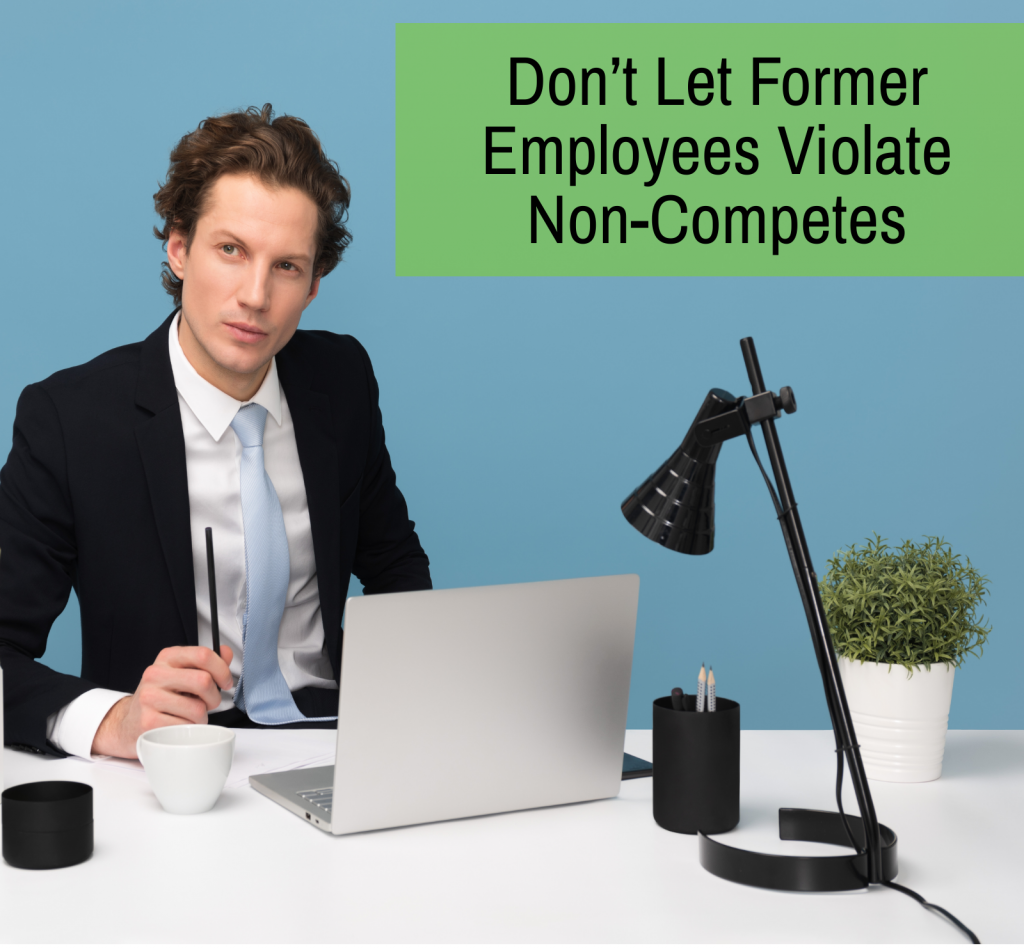The Person Stealing From Your Bank Sits Three Cubicles Down From HR

Last Tuesday, a regional bank president called our team. “We just discovered our head teller has been stealing from us for four years… how did we miss this?” Said bank had spent $2.3 million on cybersecurity upgrades in the past two years. State-of-the-art firewalls. AI-powered fraud detection. The works. Meanwhile, the head teller was skimming […]
Employee Theft Is on the Rise: How Businesses Can Reduce Their Risk

Employee theft is a growing problem for businesses across industries. Cases of internal fraud, embezzlement, and theft follow rising economic stresses. The Association of Certified Fraud Examiners (ACFE) estimates that fraud costs companies 5% of their annual income; small enterprises are the most vulnerable. Correct preventive measures will help businesses reduce their risks and safeguard […]
Mitigating Insider Threats: Corporate Investigations as a Defense Strategy

In today’s world, companies face many risks. One of the biggest risks comes from within the company itself. These are called insider threats, and when employees or other trusted people inside a company do things that harm the business. These actions can be stealing secrets, damaging property, or even leaking important information. This blog will […]
These Workplace Investigations Processes Can Prevent Theft at Work

Research suggests that 75% of employees have stolen from their place of work in the past, making corporate theft a priority issue for any business owner or CEO with self-preservation high on their agenda. Every employer likes to imagine that they’ve hired a trustworthy team rather than created a den of thieves. However, unfortunately, as […]
So Your Accountant Ran Off With The Company’s Money? Here’s How Professionals Can Get You Back Up And Running

It’s every company’s worst nightmare. The very individual trusted to balance the books and safeguard assets has decided to try their hand at embezzlement. If your accountant or another trusted individual with financial oversight has done your enterprise dirty, what can you do? Rather than panic, it’s time to roll out a four-part plan to […]
Yes, a Corporate Private Investigation Company Can Protect Against Corporate Theft – Here’s How

No matter how much money you throw at the latest security hardware, CCTV software, or highly-trained security guards, your company may still experience employee theft. For the vast majority of businesses, sadly, the greatest threats when it comes to losing assets are individuals working under the very same roof. So much so that 90% of […]
How a Private Investigator Can Protect Your Warehouse from Theft

When it comes to workplace theft, few forms of criminality represent such a hefty potential drain on company resources than a steady flow of inventory disappearing from your warehouse. It might start out with a few small losses here and there, raising mild alarm but getting swept aside as running the business is prioritized. However, […]
Revealing The Realities Of White Collar Crime In Construction

If you think that white collar crime is something only committed by manicured suit-wearing types in office buildings, it’s time to think again. If you work in construction and you’re shaking your head in disbelief, then consider this your wakeup call. Construction embezzlement happens every day in America, and safeguarding your business against the sly […]
The Urgent Step To Take When Navigating Corporate Theft

When evidence points to the unpleasant reality that someone has targeted your organization, it’s not the time to bury your head in the sand. From a cybersecurity threat to white collar crime; from fraud or extortion to a physical break-in: it’s safe to assume that the violation in question isn’t an isolated incident. You’re going […]
Don’t Let Former Employees Violate Non-Competes

Corporate entities and organizations the world over go to great lengths to protect their intellectual property and self-built foundations of knowledge. In this vein, contracts that protect against non-compete violations allow employers to invest in developing the skill set of their employees without fear that they will turn around and take a pay-off from a […]